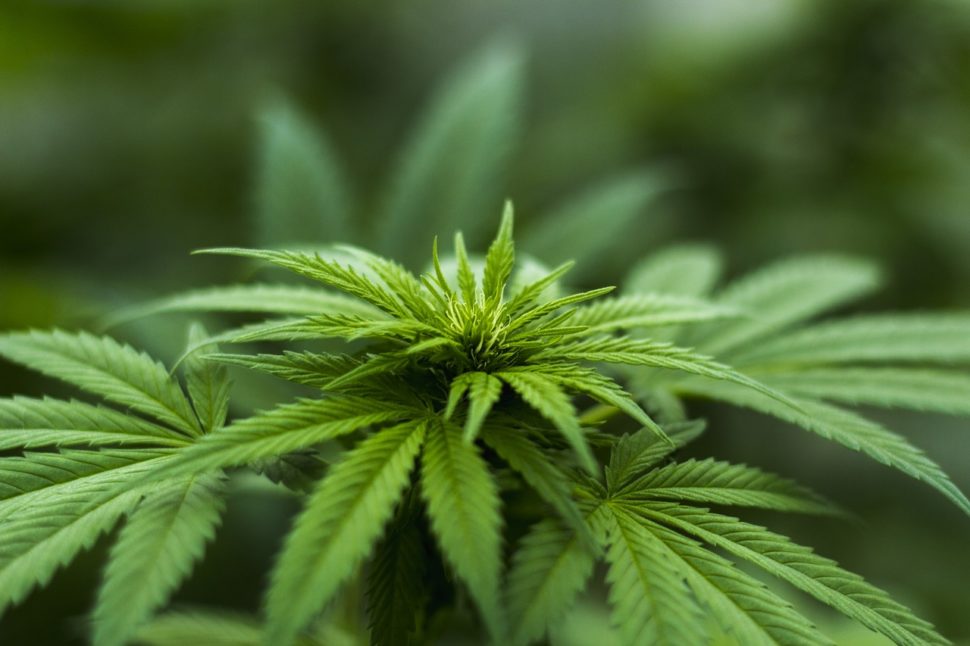Marijuana affects people differently.
For some, it’s a rewarding high that could lead to dependence on the drug. Others experience a severe psychiatric side effect which ranges from paranoia to other cognitive problems.
Whatever the effect a person may experience, the researchers at Western University have an interesting insight. They’re saying that a stoner’s experience depends primarily on the region of the brain affected by the cannabis. Unfortunately, that brain region has remained a mystery – until now.
The researchers observed the brain activities of a rat to understand the effects of cannabis better. With the rodent research, they were able to identify the specific parts of the brain that’s responsible for the rewarding, addictive property of marijuana, as well as its negative side effect.
In a statement, Professor at Western’s Schulich School of Medicine & Dentistry and co-author of the study, Steven Laviolette Ph.D., said:
“Translational rodent research performed in our lab has identified highly specific target regions in the brain that seem to independently control the rewarding, addictive properties of marijuana versus the negative psychiatric side-effects associated with its use.”
Laviolette and postdoctoral fellow, Christopher Norris, Ph.D. provided useful insight in their paper published in the Scientific Report.
How Marijuana Affects People Differently
For the study, the researchers examined the effect of THC – the primary psychoactive compound in marijuana – on a rat’s brain.
After analyzing the rodent’s brain, the researchers concluded that the front-most region of the brain called nucleus accumbens receives the rewarding effect of the compound.
Aside from creating the satisfying “high” effect, THC in this area of the brain also amplifies the addictive properties of opioids drugs such as morphine.
In addition, it increases the reward-related activity patterns in the neurons.
Conversely, the rat whose posterior area of the nucleus accumbens was affected by THC experienced the adverse psychological effect. This includes the cognitive and emotional symptoms of schizophrenia.
Also, the rodent’s neuronal activity pattern was similar to that found in people with schizophrenia.
Co-author of the study, Christopher Norris noted:
“These findings are important because they suggest why some people have a very positive experience with marijuana when others have a very negative experience.”
According to the researcher, the reward and aversion for cannabis are produced by anatomically distinct areas.
That means, genetic variation could explain the sensitivity of these areas, which leads to different effect among individuals.



















Comments (0)
Most Recent